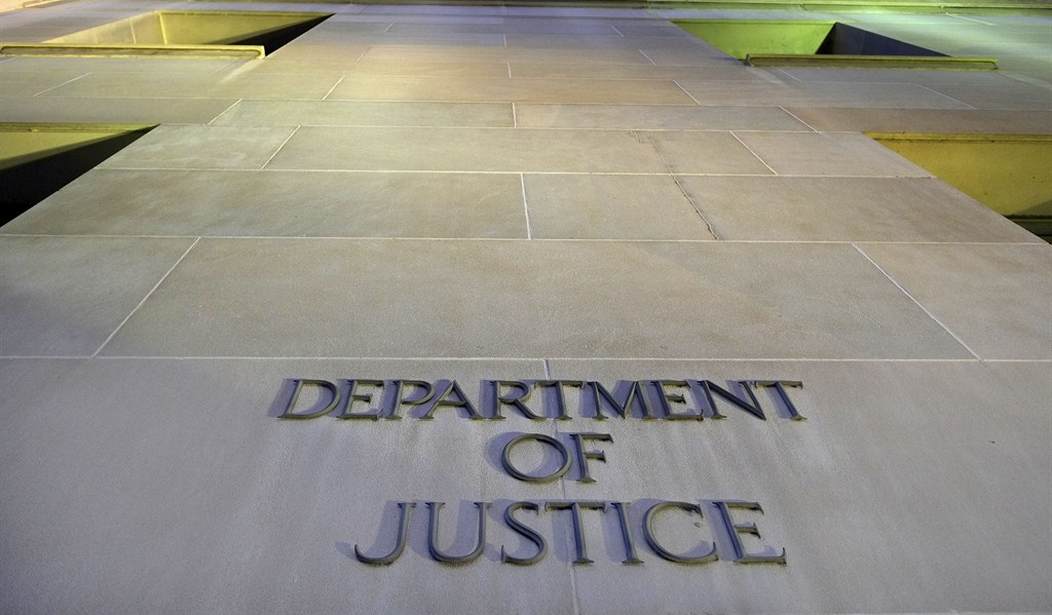Back in 1986, Congress passed the Controlled Substance Analogue Enforcement Act, a law aimed at "designer drugs" that were similar to illegal compounds but different enough to escape prohibition. Nearly three decades later, the government is still scrambling to keep up with the output of creative underground chemists, banning one psychoactive substance after another, only to find substitutes already on the market.
As a case the Supreme Court heard on Tuesday illustrates, the analog drug law failed because it tried to do the impossible. It tried to stop people from achieving unsanctioned states of consciousness by banning chemicals based on criteria vague enough to cover unknown substances yet specific enough to give fair notice of which actions would lead to prosecution.
The Supreme Court case involves Stephen McFadden, a Staten Island entrepreneur who was indicted in 2012 for supplying synthetic stimulants to retailers who sold them as "bath salts." McFadden had been careful to avoid chemicals that were listed as controlled substances, and the stimulants he was charged with distributing -- 4-MEC, MDPV and methylone -- were not explicitly banned by federal law when he sold them.
McFadden nevertheless was convicted and sentenced to 33 months in prison under the analog drug act, which applies to compounds sold for human consumption that are "substantially similar" to forbidden substances in chemical structure and actual or intended effects. The law says such "controlled substance analogues" should be treated like the drugs they resemble.
Still, to be convicted of selling a controlled substance, you have to do so "knowingly or intentionally," and it's not clear what that means in this context. McFadden's lawyers argue, reasonably enough, that you shouldn't be convicted of selling an analog drug unless you knew you were selling an analog drug.
Recommended
The problem is that the analog drug statute does not define "substantial similarity," a crucial yet subjective feature on which a chemical's legal status hinges. Experts will disagree, as they did during McFadden's trial, about whether a given compound is substantially similar to a listed substance and therefore qualifies as an analog -- a legal question disguised as a scientific one.
As the U.S. Court of Appeals for the 7th Circuit observed in 2005, "a substance's legal status as a controlled substance analogue is not a fact that a defendant can know conclusively ex ante; it is a fact that the jury must find at trial." That situation hardly seems consistent with the due process requirement that a criminal law be clear enough for ordinary people to understand what it prohibits.
The U.S. Court of Appeals for the 4th Circuit, which upheld McFadden's conviction, was untroubled by the fact that he had no way of knowing in advance whether he was committing a crime. The court said it was enough to show he knew people would consume the substances he was selling -- a reading of the law that would make felons out of innocent individuals who distribute vitamins, cocktails or cookies without realizing they contain analog drugs.
The Justice Department, which is asking the Supreme Court to uphold the 4th Circuit's ruling, nevertheless concedes that the appeals court was wrong about the knowledge requirement. But the DOJ argues that someone can be convicted of selling an analog drug if his behavior and comments suggest he knows the product is "a regulated or illegal substance," even if he does not know why.
The government complains that McFadden's reading of the analog drug act makes prosecutions harder, but that is beside the point. If Congress insists on telling grownups what substances they may not consume, the least it can do is specify the substances.
In this case, legislators had no particular drugs in mind. They merely anticipated that no matter what substances they banned, new ones would take their place. Perhaps it is time to reconsider this never-ending game of catch-up, which drives producers and consumers away from familiar intoxicants and toward exotic ones that may prove more dangerous.

























Join the conversation as a VIP Member